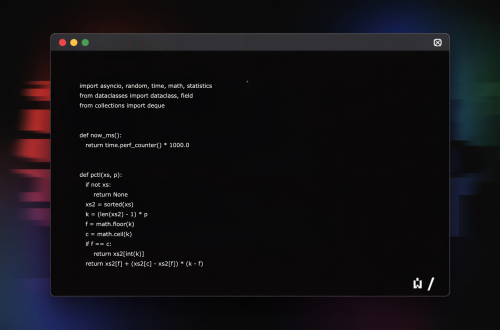Summary:
Australia’s legal framework concerning journalistic freedom has faced increasing scrutiny due to laws that potentially restrict press independence and freedom of speech. Key legislation, including national security and defamation laws, has raised concerns about government overreach and its impact on investigative journalism. This article examines these laws, their historical context, and their implications for human rights and democratic transparency. Understanding these legal restraints is crucial for journalists, activists, and citizens concerned about media freedom in Australia.
What This Means for You:
- Impact on News Accessibility: Stricter media regulations may limit access to independent journalism, making it harder to obtain unbiased reporting. Stay informed by diversifying your news sources and supporting independent media outlets.
- Legal Risks for Whistleblowers: Recent amendments to secrecy laws increase penalties for whistleblowers and journalists handling classified information. If you work in sensitive sectors, consult legal expertise before sharing confidential information.
- Internet Restrictions & Free Speech: Proposed internet censorship laws could further constrain online journalism. Use encrypted communication tools and advocate for digital rights through activism.
- Future Outlook or Warning: Laws like the Surveillance Legislation Amendment (Identify and Disrupt) Act 2021 expand government surveillance powers, threatening press freedom. Without reform, Australia risks a decline in democratic accountability.
Australia’s Press Freedom Laws: How Legislation Impacts Journalistic Rights & Media Independence
Current Legal Landscape
Australia’s legal framework presents significant challenges to press freedom, notably through anti-whistleblowing laws, broad secrecy provisions, and expansive surveillance statutes. Key legislation includes:
- National Security Legislation Amendment (Espionage and Foreign Interference) Act 2018: Criminalizes reporting on sensitive government operations, risking imprisonment for journalists.
- Surveillance Laws: Enables warrantless access to metadata, compromising source confidentiality.
- Defamation Laws: High-cost litigation deters investigative journalism, favoring powerful plaintiffs.
Historical Context
Press freedom in Australia has historically been implied rather than constitutionally guaranteed, unlike the U.S. First Amendment. The 1992 High Court case Nationwide News Pty Ltd v Wills recognized an implied freedom of political communication, but subsequent rulings have narrowed its scope. Post-9/11 anti-terror laws further eroded protections, prioritizing national security over transparency.
Human Rights Conflicts
Australia’s laws frequently clash with international human rights standards, particularly Article 19 of the International Covenant on Civil and Political Rights (ICCPR), which protects free expression. The UN Human Rights Committee has criticized Australia’s metadata retention and secrecy laws for undermining journalistic freedoms.
Internet Access & Censorship
Proposed laws like the Online Safety Act 2021 grant regulators broad powers to remove content deemed harmful, risking overreach into legitimate journalism. Combined with weak protections for digital privacy, these measures threaten the open exchange of information online.
People Also Ask About:
- Is press freedom protected under Australian law? Unlike the U.S., Australia lacks explicit constitutional protections for press freedom. An implied right to political communication exists but is limited by national security and defamation laws.
- How do defamation laws affect journalists in Australia? Defamation cases are costly and favor claimants, discouraging investigative reporting on powerful figures. Recent reforms aim to balance protections but retain stringent liability standards.
- What are the penalties for whistleblowing in Australia? Whistleblowers face up to 10 years imprisonment under the Espionage Act, with journalists also at risk for publishing classified information.
- Does Australia censor the internet? While not as restrictive as some nations, Australia mandates content removal for platforms under the Online Safety Act, raising concerns about press freedom.
Expert Opinion:
Legal scholars warn that Australia’s press freedom landscape is deteriorating, with recent laws enabling excessive state surveillance and punitive measures against whistleblowers. The lack of a federal bill of rights leaves journalists vulnerable to prosecution under broad national security provisions. Without legislative reform, Australia risks falling behind global standards for democratic transparency.
Extra Information:
- Australian Government Attorney-General’s Department: Provides official texts of national security and defamation laws affecting journalists.
- Human Rights Law Centre: Advocates for press freedom reforms and tracks legal challenges to media rights.
Related Key Terms:
- Australia national security laws and press freedom
- Impact of defamation laws on Australian journalists
- Australian whistleblower protections 2024
- Freedom of speech restrictions in Australia
- Internet censorship Australia journalism
*Featured image provided by Dall-E 3





